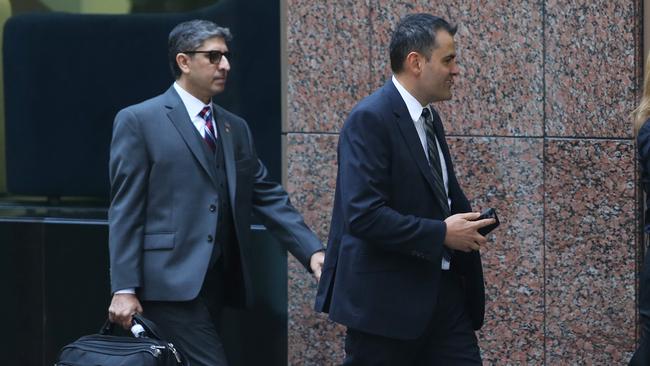Troubled Magnis presents positive outlook but shareholders question its financial future
Magnis insists it’s emerging from its turbulent year intact and has told shareholders it plans to scale up battery production, as global trends drive its graphite and energy operations.

Embattled ASX-listed battery and graphite player Magnis Energy Technologies has told investors it has had a “tough year” with debt covenant breaches, production delays and a rapidly dwindling bank balance weighing on its annual shareholders meeting.
But the company, once among the hottest stocks at the junior end of the market, said there was light at the end of the tunnel.
In recent weeks Magnis has seized control of its joint venture with technology partner Charge CCCV, triggering a massive meltdown in the relationship between the two companies.
This came after the lenders to the joint venture battery factory Imperium3 NY, owned by both C4V and Magnis, called in the loan, saying that there had been six breaches of its covenants amid a failure to make or sell battery cells, pay suppliers and even pay the interest on the debt.
At the AGM Magnis chair Frank Poullas left much of the talking to the company’s North American managing director, Hoshi Daruwalla.
Mr Daruwalla talked up the prospects of Magnis’s two big assets, iM3NY and its graphite mine at Nachu in Tanzania.
He said Magnis had seized control of iM3NY “to take control of our own fate”.
However, C4V claims Mr Poullas and Magnis director Claire Bibby conspired to invite its board members to a call to discuss iM3NY, after proposing a $US48m ($72m) rescue package, before muting their microphones and ramming through motions to seize control of the factory’s board.
Magnis owns 73 per cent of iM3NY.
C4V claims in court documents that Magnis is “effectively insolvent”.
At the AGM Magnis did not address C4V’s claims, but Mr Daruwalla noted “some funding challenges” and “headwinds”, which the company was working through.
To date Magnis has not posted any sales revenue from either of its key investments.
For the full year Magnis reported a $76m loss against $390,773 in income.
Almost all this came from interest on Magnis’s accounts, along with gains on foreign exchange.
But Mr Daruwalla said Magnis had two forces driving the business into 2024: China’s graphite export controls and the need for batteries in the US and Europe.
“We believe those are favourable tailwinds,” he said.
Mr Daruwalla said the demand for Magnis’s graphite was so great that the company was preparing to host two teams touring the Nachu site, including one from Europe.
He also said iM3NY was primed to start producing up to 300 cells per day in December, with almost $1m in sales revenue a month, and goals to increase production to 38GWh.
However, Mr Daruwalla said iM3NY needed to ramp up to at least 10,000 cells a day.
“That’s what we have to work to,” he said.
He said the problem was that many cells produced did not work, leading to recycling cells for new production.
Mr Daruwalla said Magnis was also working towards building an anode materials plant, securing a site in Reno, Nevada, “about 24km from the Tesla plant”.
“There’s a lot of positive things that are happening on that side,” he said.
But shareholders questioned Mr Daruwalla on how Magnis would fund its plans, given the company’s parlous finances.
In October Magnis disclosed it had negative $1.1m in equity and $205m in liabilities, including $150m in borrowings.
This left Magnis with $14m cash, enough money to cover the coming 1.6 quarters of activities.
However, Magnis noted it had plans to raise a further $3.17m from a grants program in the US along with as much as $6.4m through a share placement facility.
“In addition, the directors are engaged in seeking additional capital from the debt and equity markets and believe these efforts are more likely than not to be successful,” Magnis noted in its quarterly accounts.
But Mr Daruwalla said the company’s accounts were typical for “high growth companies in new spaces”.
Shareholders approved a number of motions, including the re-election of Magnis chair Frank Poullas.
Shareholders also signed off on a motion to approve $243,246 of payments made to Magnis’s directors in breach of the company’s constitution.








To join the conversation, please log in. Don't have an account? Register
Join the conversation, you are commenting as Logout